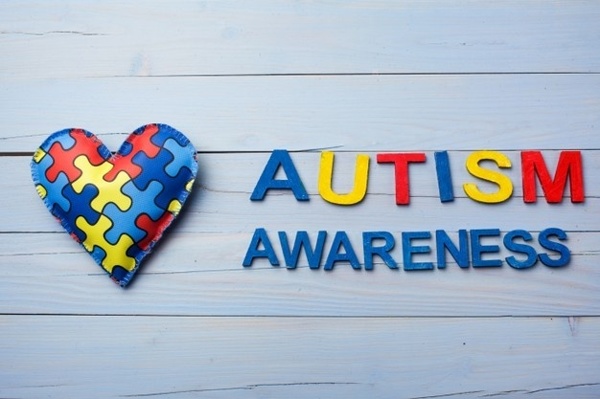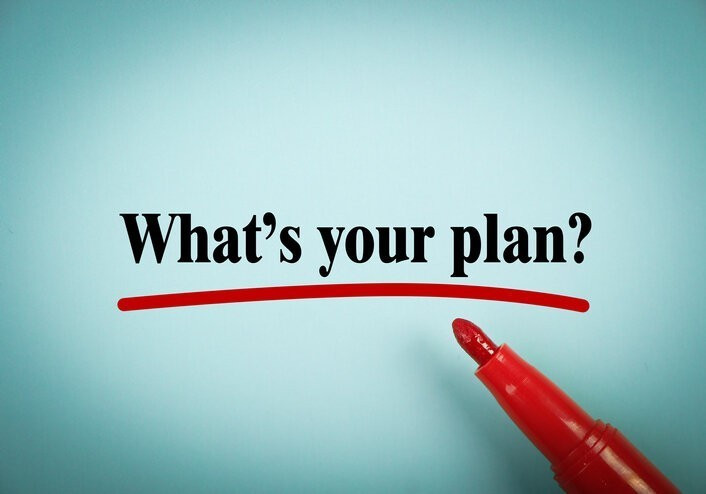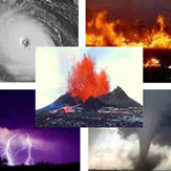
April is National Autism Awareness Month. It is also a time of year when people must prepare for severe weather.
April, May, and June are peak months for tornadoes in many states. The Atlantic hurricane season officially starts on June 1.
Emergencies come in all sizes and affect people in different ways. All emergencies require some amount of personal health preparedness beforehand to stay safe and healthy during and afterward. At a minimum that means stocking up on emergency supplies, such as food, water, prescriptions, and backup power sources.
For Jennifer Silliman and her family, it means that and more. Her 11-year-old daughter, Allyson, has autism. They live in South Florida, where they’ve experienced over a dozen hurricanes and tropical storms since moving there in 2003.
Preparing for emergencies can be challenging for families caring for a child with autism or other disability. But a little preparation now can make a big difference when an emergency happens.
Planning is paramount
All children have unique needs during an emergency. Preparedness planning for children with special healthcare needs is often more complicated because they may have:
- A hard time moving from one place to another,
- Urgent or constant medical needs,
- Difficulty communicating, and
- Trouble with transitioning to different situations.
A disaster can present some or all these difficulties at once.
Having a plan for how to stay healthy, informed, connected, and calm is important. If there is a child with special healthcare needs in your family, your emergency action plan should include an emergency care plan.
An emergency care plan is important paperwork that you and your child’s doctor can write together. It’s used to communicate information about your child to caregivers. During an emergency, this could include teachers, grandparents, friends, and neighbors.
“My biggest fear is that Allyson would get separated from me and my husband during an emergency,” says Jennifer. “Allyson is nonverbal, so she cannot tell people where she lives, what her phone number is, or how to contact her parents.”
Because of her communication challenges, Allyson wears a bracelet that has her full name and her parents’ names and contact information. “She wears it all the time. She never takes it off,” says Jennifer.
Nothing worthwhile is easy
When there is a hurricane in the forecast, Jennifer’s family makes sure they have the basics, such as water, batteries, and flashlights. But they must also prepare for Allyson’s personal needs.
Personal needs include the everyday items that she could not do without in an emergency. Allyson’s needs include a weighted blanket and a white noise machine to help her sleep and several favorite foods.
“My daughter has six foods that she eats every day, including honeydew melon and French toast sticks. Almost every food she eats must be refrigerated or cooked in a microwave and this can present challenges if the power goes out during a hurricane,” says Jennifer.
Some of Allyson’s other must-haves are noise-canceling headphones and a tablet preloaded with her favorite television shows and music. Then there’s the backup battery power that’s needed to run these things. All would be invaluable if her family ever had to evacuate to a shelter.
Strive for peace of mind
Preparing for an emergency can be stressful for all families, especially those with children with special healthcare needs. Having—and practicing—an emergency action plan can help families respond with confidence to the real thing.
Communication is key. It’s important for all families to talk to their children about what is happening in a way that they can understand. Keep it simple and consider the child’s age and type of disability.
Even though Jennifer’s daughter, Allyson, does not have a lot of expressive language, she does understand when others talk to her. “We want to be respectful of Allyson, so we tell her ‘Hey, we might need to pack up and go,’ or ‘It might get really loud tonight, and the house might get dark.’ I think telling children what’s going on puts them at ease.”
After a disaster, parents, caregivers, and healthcare providers must know how to help children cope with their different and strong emotions. Some children react right away; others may show signs of difficulty much later. Coping with a disaster can be particularly difficult for children with disabilities.
Source: CDC


